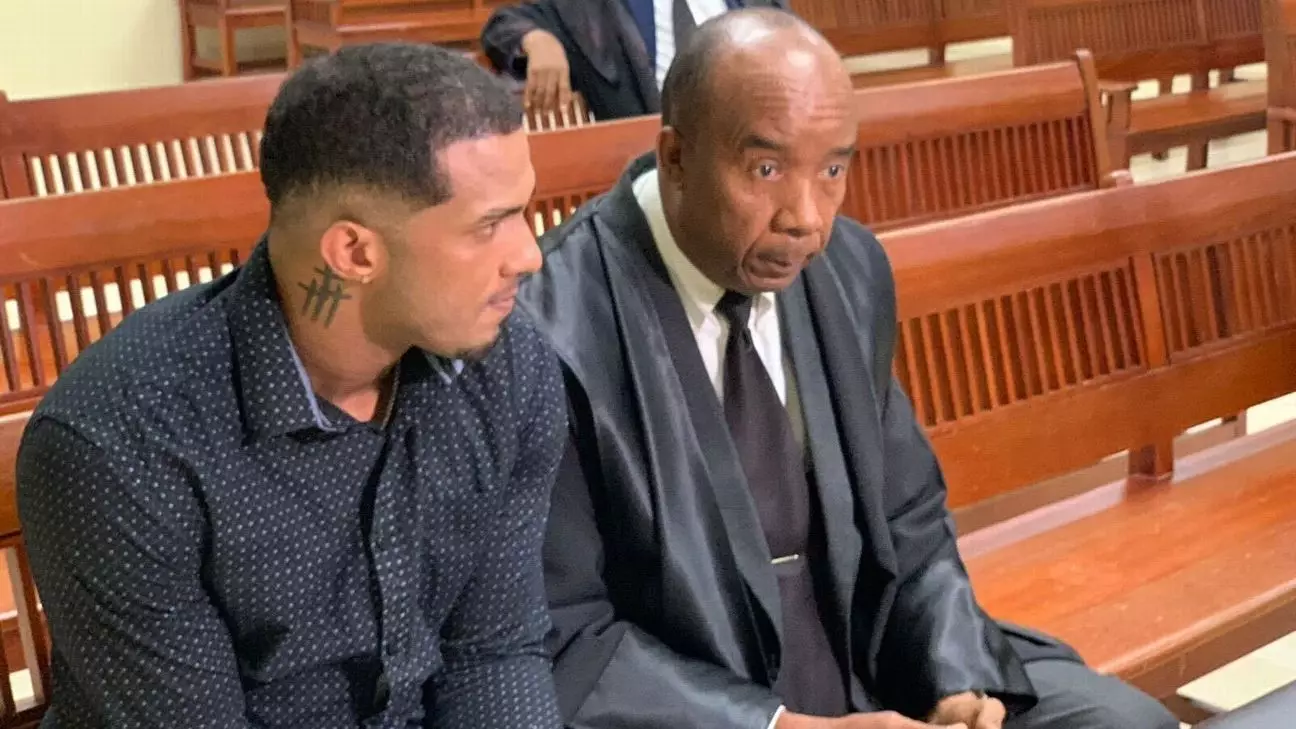The ongoing legal troubles of Wander Franco, the shortstop for the Tampa Bay Rays, have captured widespread attention in the sports world and beyond. With serious allegations of sexual abuse, sexual exploitation of a minor, and human trafficking hanging over his head, the implications of this case extend far beyond Franco’s personal life and career. His recent court proceedings have raised several critical questions regarding justice, accountability, and the potential ramifications for the player and the MLB.
Postponement of Trial: A Setback for Justice?
On Thursday, a judge in the Dominican Republic postponed Wander Franco’s trial until June 2, 2025, a dramatic shift from the originally scheduled date of December 12, 2023. The necessity for postponement arose from the absence of key witnesses, a situation that indicates an apparent lack of preparedness on the part of prosecutors, or possibly, challenges related to witness cooperation. Only three of the 36 witnesses expected to contribute to the proceedings were present in court, casting a shadow on the prosecutorial readiness for what many would consider a high-stakes trial.
Dominican judge Yacaira Veras granted this delay at the prosecutors’ request, although Franco’s legal team argued against it, stressing that their client needs clarity to prepare adequately for spring training in mid-February. The judge, however, emphasized Franco’s obligation to adhere to the revised trial schedule, highlighting the court’s priority of due process and justice over the schedules of individual parties involved.
Franco, a 23-year-old athlete, has become increasingly vocal about his situation. His comments suggest he is struggling to navigate the emotional toll of the allegations while maintaining hope for his future in the MLB. During court proceedings, he expressed his belief that his career is not over, asserting, “This is not over.” Such statements reflect the psychological strain athletes face when legal issues clash with their professional aspirations.
His lead attorney, Teodosio Jáquez, has reiterated his belief in Franco’s innocence, claiming, “There is no case against Wander.” This determination could also influence public opinion in his favor, complicating an already fraught narrative surrounding the allegations, especially as details emerge regarding the mother of the alleged victim, who has been implicated in money laundering related to Franco’s case.
In addition to the criminal charges in the Dominican Republic, Franco faces scrutiny under Major League Baseball’s domestic violence, sexual assault, and child abuse policy. This institutional investigation will remain open until the various allegations surrounding Franco are resolved, adding another layer of complexity to an already chaotic situation.
The charges against him—a combination of serious criminal accusations and violations of MLB policies—signal a potential shift in how the league addresses misconduct. While the MLB is striving to uphold player integrity and public trust, the outcome of Franco’s case will likely influence future approaches to similar situations. The juxtaposition of Franco’s promising career with these significant allegations raises fundamental questions about accountability in professional sports, challenging the idea that fame and talent can shield one from facing the consequences of their actions.
The Future: Uncertain Paths Ahead
As it stands, the road ahead for Wander Franco remains uncertain. With a trial now pushed back nearly three years from the initiation of the investigation in 2022, the implications of this delayed legal process will be felt by Franco, his team, and the MLB. The potential for a 20-year sentence looms large, and whether justice is served, or whether this case becomes a protracted battle mired in legal complexities, will ultimately determine Franco’s fate.
Moreover, the financial and emotional stakes are high—not only for him but for the teams and communities that rally around players like Franco. The Rays’ investment in him, an 11-year, $182 million commitment, hangs in the balance as the organization must contend with allegations that question Franco’s character and reliability.
Wander Franco’s case is a troubling yet important examination of how the intersection of fame, legal systems, and moral accountability plays out. As the trial date approaches, the potential outcomes will not only shape Franco’s future but may also set precedents for how the sports industry manages such serious allegations in the future. The coming years will undoubtedly reveal whether Franco can navigate this storm and reclaim his career or become yet another cautionary tale in professional sports.

